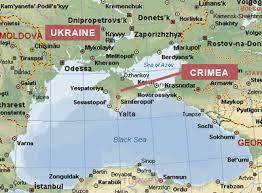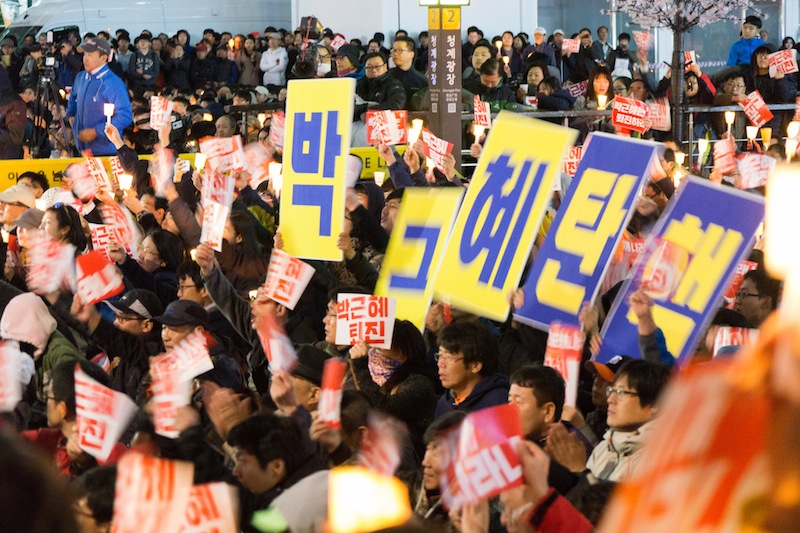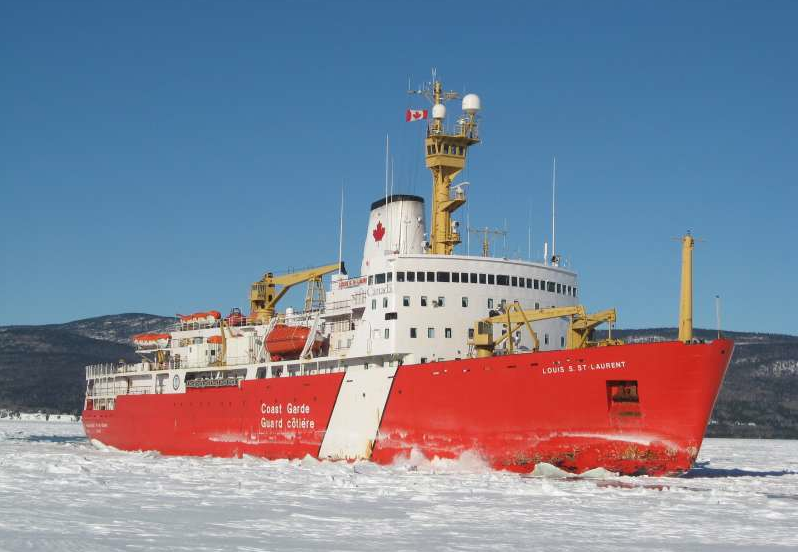[captionpix align=”left” theme=”elegant” width=”300″ imgsrc=”http://natoassociation.ca/wp-content/uploads/2014/03/crimea-boi.jpg ” captiontext=”enter caption text here”]
When news first broke late last year about popular protests in Ukraine, not many saw the possibility of international armed conflict. After moving at a relatively slow pace for about three months, the Ukrainian revolution suddenly exploded into life about two weeks ago when President Yanukovych finally stepped down and fled to Russia, where he currently resides. Since then, events have moved so fast to the point that Russia has now sent military forces into parts of Ukraine and there is now a massive international crisis brewing.
How did it get to this point? The event that triggered the possibility of international armed conflict was undoubtedly the Russian decision to move armed troops into the Crimean peninsula. Russia has since defended its action by saying that it is only moving to protect its national interests as well as protect the ethnic Russians in the region who make up over 60% of the Crimean population. In reaction, the west, led by the United States and NATO has strongly condemned the Russian actions calling it unlawful. They are currently exploring the possibility of extensive sanctions to try to get Russia to de-escalate the tension by pulling its troops from the region.
With a lot of public shaming and mud slinging on both sides, now would be the appropriate time to try and assess the legality of the intervention according to international law, an issue that has been largely overlooked in mainstream media to this point. It would not only provide a lot of clarity for those who might be confused with recent events, it would also give the wider public a little peek into the mind of Prime Minister Putin and the Russian political and military brass and would be helpful in trying to explain the possible rationale behind such a risky move.
As this is clearly a case of the use of force, the natural starting point of this analysis would be to say that generally, international law categorically condemns the use of force in international relations. It is clearly encoded in Article 2, Section 4 of the United Nations Charter, which nearly every state in the international system is a signatory to. However, international law does give some leeway when it comes to the use of force. The first case of leeway is in Article 51 of the U.N Charter when use of force is basically permitted when the attacking state is acting in self defence. For this provision to be triggered, there needs to be clear evidence that state assets or citizens are being attacked or are under very serious threat. So far, there has been little to no news on any Russian citizens being attacked or any Russian military or economic assets being directly attacked by Ukraine.
The second case when the use of force could be allowed is in Article 42 which states that the Security Council will advise on when the use of force can be allowed if all non-military options to settle the situation has failed. Again, Ukraine could argue that Russia made no attempt to talk with the Ukrainian leadership before deciding to intervene in the Crimea. On the other hand, Russia could point out that it does not recognize the current transition government simply because the popularly-elected leader, President Yanukovych, was deposed by extra-legal means and remains the leader till he is removed from his position lawfully.
There is a third provision in international law that allows for intervention. This is intervention on humanitarian grounds. If any state feels that the people in another state are being deprived of any of their human rights, it is generally allowed to intervene to help these people. We have seen cases like this in the past with the United States intervening in Somalia and NATO intervening in the Balkans. We have also seen the rise to prominence of this ideal with the widespread support for the Responsibility to Protect doctrine in the mid- 2000s. Prime Minister Putin has already made reference to this by claiming in an interview that Russia was in Crimea on purely humanitarian grounds and to try to protect the ethnic Russians in the region. In order to strengthen its claims, Russia would have to prove that ethnic Russians in the Crimea are being denied their human rights and are under threat of ostracization. For the moment, Russia can point to the fact that the current Prime Minister of Crimea, Sergey Aksyonov, did make a public plea to Russia “for assistance in guaranteeing peace and calmness” in the region. Interpreting what he meant by that is another issue for another day. Ukraine led by the acting president Oleksandr Turchynov has already countered that argument by saying that Aksyonov’s leadership in Crimea is unconstitutional and has no legitimacy even though Aksyonov claims that he was elected in an emergency session.
In light of Russia’s escalatory move, many western commentators have called on NATO to address the situation in Ukraine with a view to possible intervention because of the inevitable deadlock in the Security Council created by Russia’s veto. It would be interesting to examine the legal implications of a possible NATO intervention.
First, it is important to note that NATO is not obliged to intervene in Ukraine unless they are called upon to act by the Security Council as has already been stated earlier in Article 42. Ukraine is not an official NATO member so the collective self defence stipulation in Article 5 of the NATO Charter cannot be applied. However, NATO can call an emergency meeting as stated in Article 4 if any of the eastern European NATO members feel that Russian show of strength is a serious threat to their territorial integrity. This emergency meeting has already happened and Secretary General Rasmussen has already issued a public statement on behalf of the organization.
NATO involvement based on Article 42 of the UN Charter is currently not feasible as well because NATO would need the full consent of the five permanent members of the Security Council in order to receive a recommendation to intervene. Since Russia has a veto, NATO stands no chance of getting that recommendation.
The only logical way in my mind that NATO could legally intervene in Ukraine is if the acting Ukrainian government calls on NATO specifically to intervene and restore order. However, Russia and Russian-supporting Ukrainians can counter that argument by calling into question the leigitmacy of the acting president and prime minister. They will argue that neither were elected to their acting offices and they will also argue that Yanukovych is still the legal president of Ukraine because they do not believe he was removed by constitutional means so therefore, neither of the acting Ukrainian leaders have the right to call for assistance from anyone.




